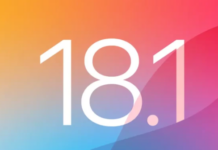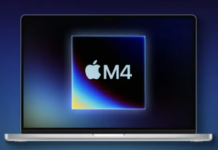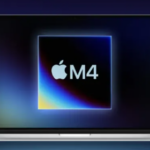A new escalation in YouTube’s trench warfare against ad blockers. The platform is currently testing a system that allows it to embed ads directly into the video stream. The cat-and-mouse game continues.
Since last year, YouTube has been waging a ruthless offensive against ad blockers, which represent a great loss of revenue for the platform, as well as for the creators… but whose number and quantity (and sometimes quality) are not well received by viewers. Google would obviously prefer blocker users to subscribe to YouTube’s premium formula, which allows them to do without ads.
After attacking browser extensions and third-party clients that are very popular on mobile platforms, YouTube’s wrath is focused elsewhere. SponsorBlock is a user-powered open-source extension that allows you to skip sponsored footage in videos. And he saw a curious merry-go-round.
YouTube is currently experimenting with injecting ads from its servers. This means that ads are inserted directly into the video stream before being sent to the user. For SponsorBlock, this new method poses a problem: it changes the timestamps of the videos. Sponsored segments tagged by users are then delayed by the duration of the inserted ads, which prevents the extension from working properly.
However, the developers have come up with a solution – SponsorBlock rejects submissions from browsers affected by the injection of ads into videos, in order to preserve its database. A temporary solution, because if YouTube extends its method to all viewers, the timestamps will be different from one user to another.
More generally, ad injection from YouTube’s servers will pose a challenge for content blockers who block network requests to specific URLs known to host ads. If ads are injected into the video stream directly from the platform’s servers, lists of specific URLs are no longer useful.
There are other methods, however, including using advanced techniques like machine learning to identify ads embedded in videos, but they require more resources. And YouTube will probably be able to find a solution.















